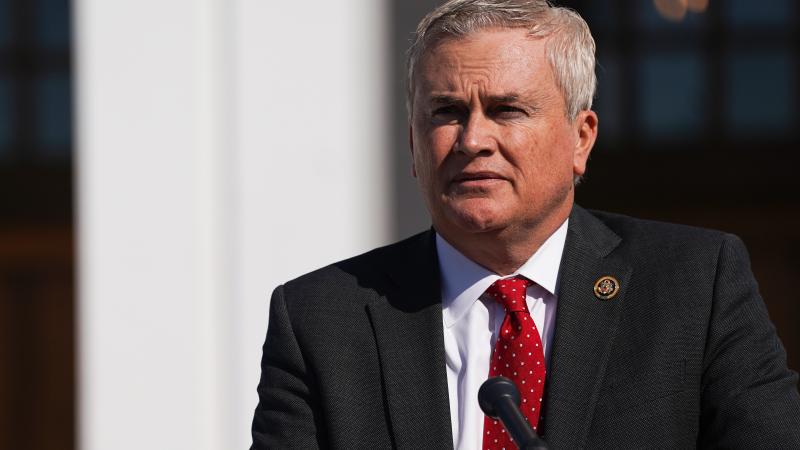Maine bans wind power projects in state waters
Maine Gov. Janet Mills signed a permanent ban on the development of offshore wind in waters managed by the state.
Maine Gov. Janet Mills has approved a permanent ban on the development of offshore wind in waters managed by the state.
Mills last week signed compromise legislation – which emerged from House and Senate negotiations – that imposes a moratorium on new wind power projects in state waters.
In a statement, Mills said the state is "uniquely prepared to grow a strong offshore wind industry, create good-paying trades and technology jobs around the state, and reduce Maine’s crippling dependence on harmful fossil fuels" but not at the expense of the state's storied fishing industry.
"This legislation cements in law our belief that these efforts should occur in Federal waters farther off our coast through a research array that can help us establish the best way for Maine to embrace the vast economic and environmental benefits of offshore wind," she said in a statement.
But the move is also aimed at alleviating the concerns of commercial fishermen as Maine pursues the nation’s first offshore wind research array in federal waters.
Nearly 75% of Maine’s commercial lobster harvesting occurs in state waters.
The project has met with pushback from commercial fishermen who say the move would shut down fishing grounds and hurt the industry.
Originally, the proposal called for a 10-year moratorium, but the restrictions were made permanent by lawmakers who negotiated the final piece of legislation.
The bill's original sponsor, Sen. Mark Lawrence, D-York, chairman of the Legislature’s Energy, Utilities and Technology Committee, said the moratorium "will protect Maine’s fisheries and coastal waters and maintain Maine’s status as a leader in developing clean energy and fighting climate change."
Maine can continue to prioritize offshore wind in the Federal waters of the Gulf of Maine, which is home to some of the highest sustained wind speeds in the world," he said.
If approved by the federal Bureau of Ocean Energy Management, the state's pilot wind project would cover an area of roughly 16 miles on leased offshore federal waters.
Maine has set an ambitious goal of reaching 80% renewable energy by 2030 and 100% by 2050, and the Mills administration said wind power will play a large role.
Maine will need more sources of renewable energy to reduce our dependence on fossil fuels that are driving climate change," said Dan Burgess, director of the Governor’s Energy Office. "Offshore wind can help us meet these objectives while also helping Maine create a global industry that continues the momentum of our clean energy economy.”
The efforts could get support from President Joe Biden's $2.25 trillion American Jobs Act, pending before Congress, which would provide incentives for building thousands of offshore wind turbines off America's shores. Meanwhile, a $900 billion pandemic relief bill approved in December includes a new 30% tax credit for offshore wind projects.















